Mumford & Sons on Latitude, U2, and the return of the banjo
The folk-rock band will present a line-up of artists including Baaba Maal and Two Door Cinema Club at Latitude Festival on the same day they headline the festival
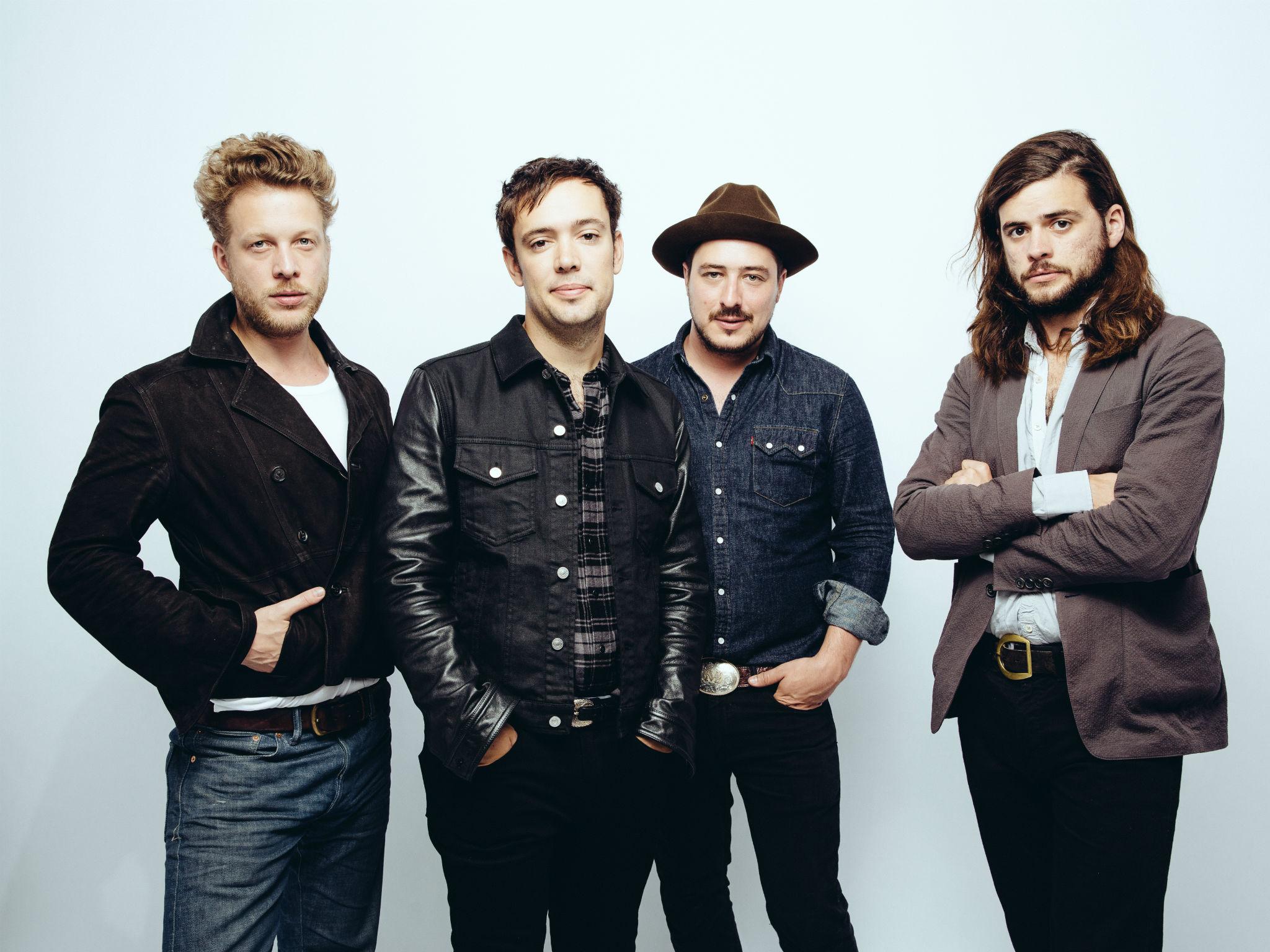
In 2012 when Mumford & Sons first conceived Gentleman of the Road, the band’s occasional roaming stopover festival, the concept was simple enough: organise a festival in places where touring artists never go, ask some bands to play, and make the weekend a celebration of locale, music and community spirit.
Little did they know how it would catch on. From Huddersfield to Illinois, Aviemore to Maine, acts like Primal Scream, The Flaming Lips and Vampire Weekend have bought into Mumford & Sons’ vision: even rock behemoths Foo Fighters were persuaded to venture off the beaten track to the remote Washington town of Walla Walla.
“We wrote them a letter explaining what Gentleman of the Road is,” says singer-guitarist Marcus Mumford. “We explained the concept of going to places off the touring circuit and making the whole thing a massive collaboration between artists, crowd and town, leaving the place in better shape than we found it. They wrote back well up for it.”
“That festival happened when Dave Grohl had broken his leg and was performing in his throne,” says bassist Ted Dwane. “We always get a local brewery to do an ale, it was Goose Island that time. And he loved it! He couldn’t move from his throne so I kept saying ‘Mr Grohl can I get you another ale?’ and he kept saying yes. By the time he went onstage he was pretty well sassed.”
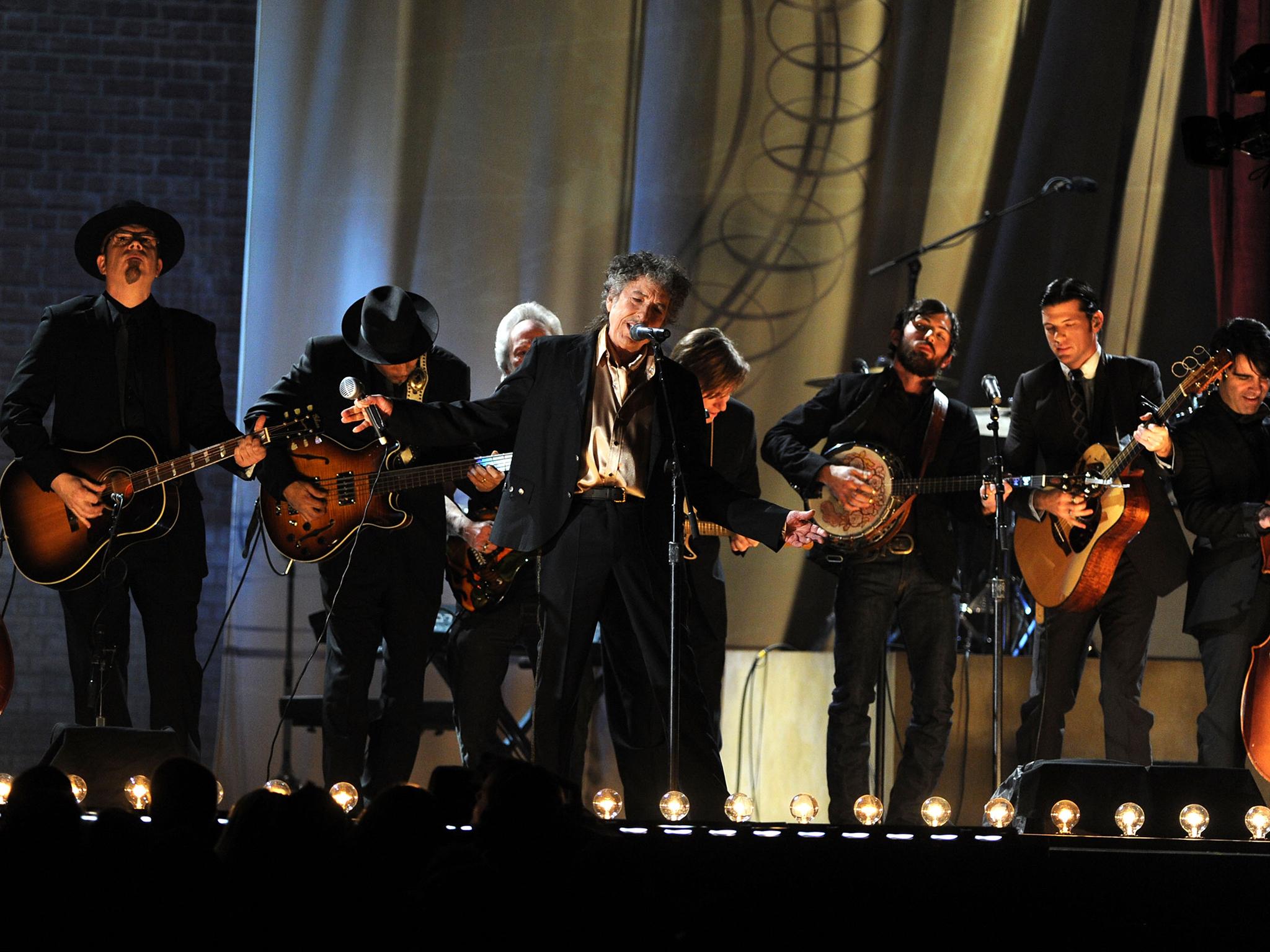
“I think we all were that night,” says banjoist and electric guitarist Winston Marshall.
Gentleman of the Road is the roving embodiment of the Mumford & Sons ethos: commonality and collaboration, with a good old sing-song to boot. Now the band will stage a stopover of a kind at Latitude Festival in July, where as well as headlining on Saturday, they will cherry pick some of their favourite acts to perform. Baaba Maal, Two Door Cinema Club, Glass Animals, Lucy Rose, Joe Goddard and The Lemon Twigs have all agreed to play across various stages. Mumford & Sons are now so big they pick the bill at major festivals. “Well we don’t think of it like that,” smiles keyboardist Ben Lovett. “We love to create stuff that we can live within. Even if we’re sitting at top of the line-up, we feel like a community.”
Bringing people together is what Mumford & Sons do. Long before they prospered beyond any reasonable expectation – the quartet have sold millions of records, won multiple Brits and Grammys, headlined Glastonbury and played to more people than you can shake a banjo at – their fledgling days in the late-Noughties south-London nu-folk scene was built around an inclusive solidarity with peers such as Laura Marling and Noah and the Whale. They have performed with Bruce Springsteen, Bob Dylan and Paul Simon, and made an EP with such disparate artists as Senegalese star Baaba Maal and The Very Best.
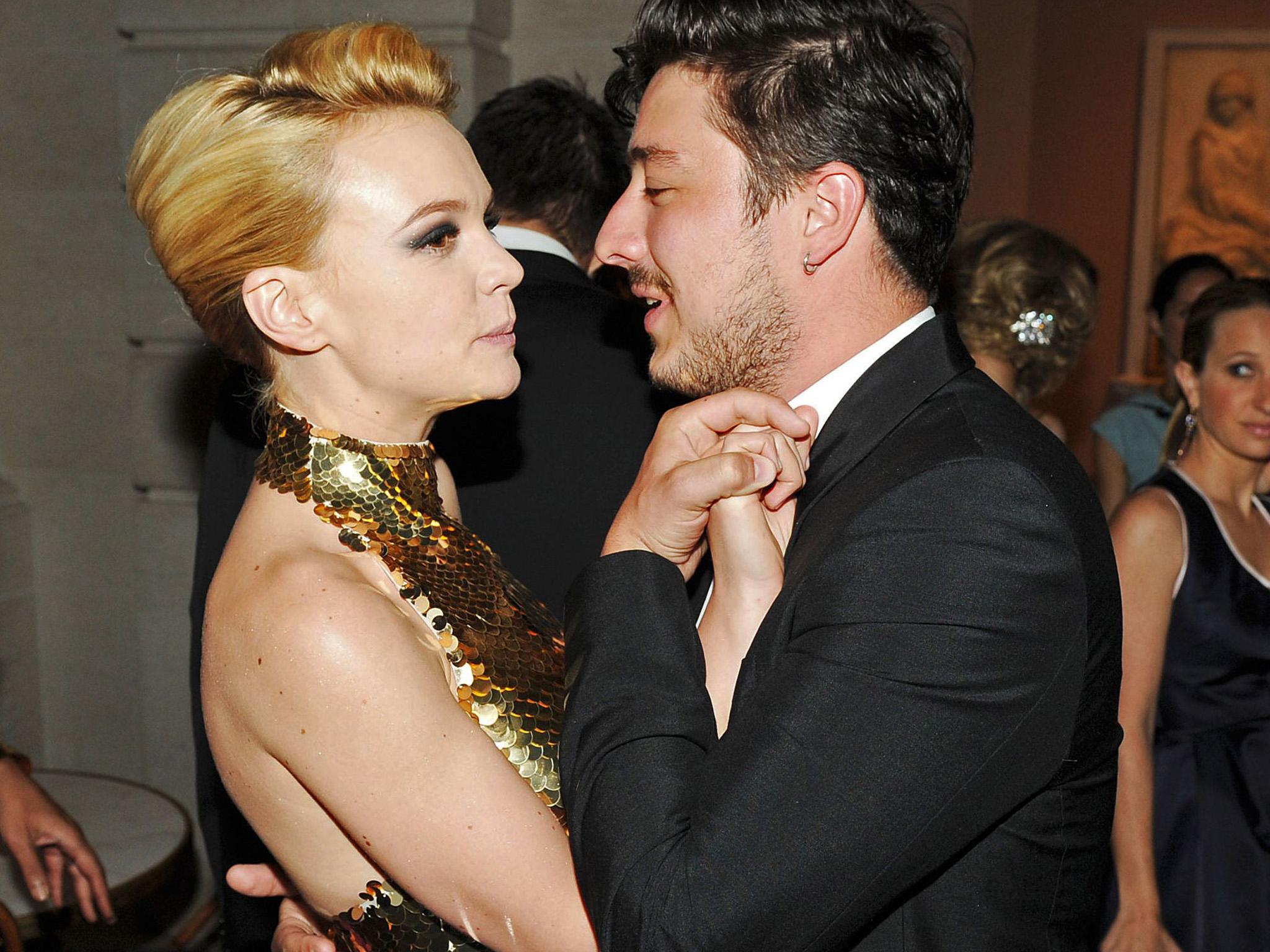
I meet Mumford & Sons before the band jet off to support their friends U2 in Canada. Were it not for the masses of expensive equipment, you wouldn’t know you were in the presence of one of the world’s biggest bands: Mumford & Sons are as unfailingly polite as you would imagine (save Marshall’s hilarious, unprintable off-piste takedown of former Chelsea footballer John Terry). Curating a day at Latitude is clearly a thrill. “It’s fun,” Marshall says. “One of the things we say in this band is if it’s not fun it’s not worth doing. And this excites us. Even though it’s more work than we anticipated.”
“We wanted a cohesive arc with eclectic, good bands,” Dwane says. “You just trust our own judgement,” Lovett adds. “It’s the same as being a DJ. You just hope people come along for the journey.”
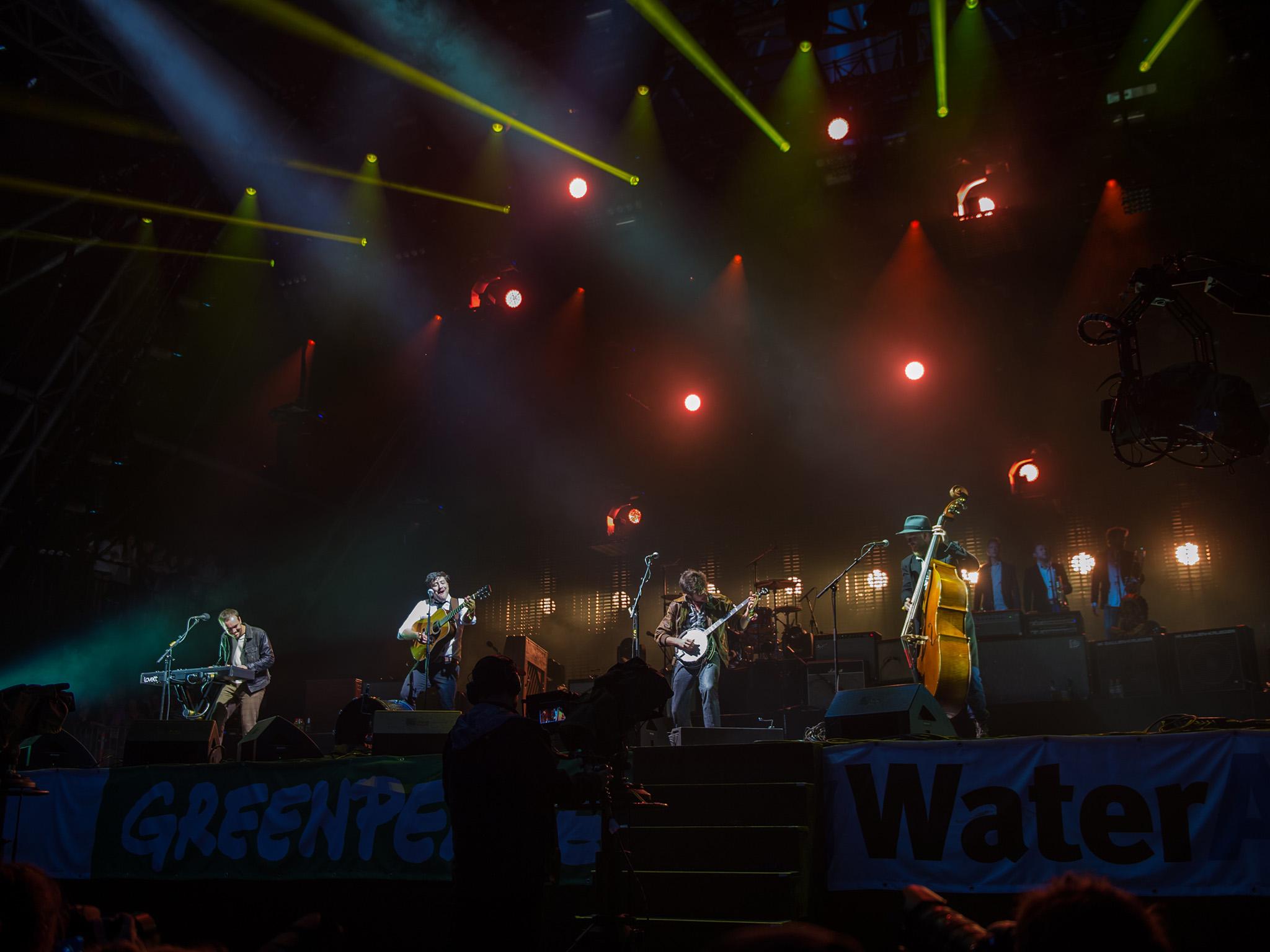
I assume there were a few squabbles about the line-up? “There were no arguments,” Lovett counters, “we just don’t argue.” What, never? “I don’t think there’s been a band argument in ten years. There’s a lot of respect, I guess. We’re friends first. It wasn’t like we put an ad in the local paper and then it’s like ‘shit, we’re stuck with these guys’. We figured all that stuff out.”
For most bands this would be poppycock, but for Mumford & Sons it is entirely believable. And yet for four individuals so likable, the wrath they face from a critical press and sections of an unforgiving public can be fierce. Some people can’t get past the private school background, or the waistcoat-and-heels, banjo-led early incarnation of the band.
“That doesn’t bother me at all,” Mumford says. “You don’t want the whole world to like you. You’d be doing something wrong. We’re in the taste game. I wouldn’t want to do something so bland that everyone liked it. But then I wouldn’t want to do something so niche no one liked it.”
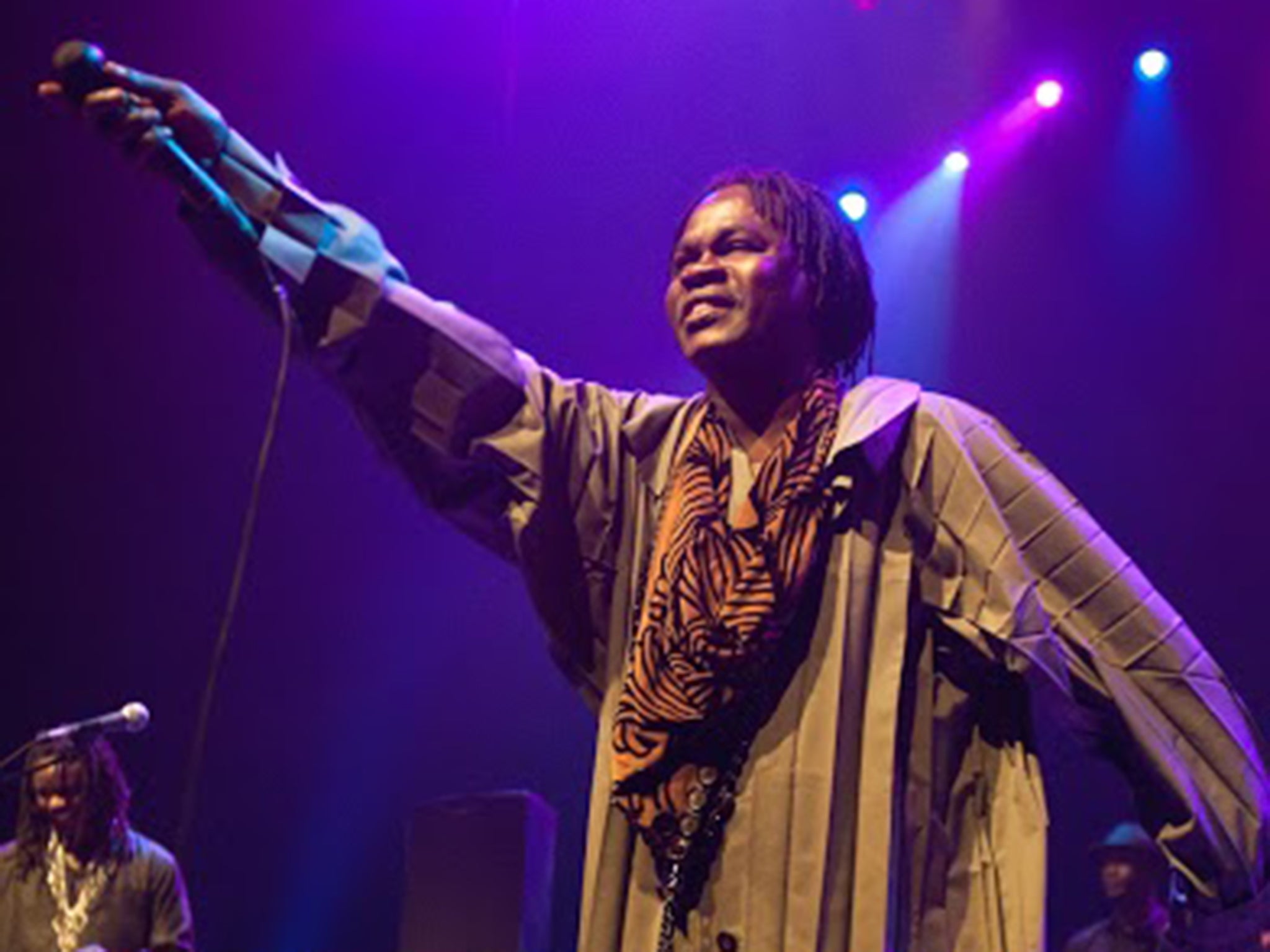
“I certainly regret a few photo shoots though,” Mumford continues with a laugh. “But we were 21! We weren’t even musicians, never mind models. The week before we were sleeping on somebody’s mattress. Suddenly those things mattered more. But I don’t feel regretful.” Nor should he. Mumford & Sons have achieved the Holy Grail: mammoth success without the trappings of fame. “We’ve done much less image-facing stuff than most bands,” Lovett says. “We can go to the pub and watch the football and we don’t bear that burden that other musicians do.”
It means they aren’t looking on enviously at U2. “We look up to them because of their longevity and the way they do things,” Mumford says. “They are at least very good at pretending they’re still good mates. Bono has been very generous with advice. He doesn’t shy away from opinions. He’s Irish! But the scale of it is mad. I’m not sure I’d want to be that big. I don’t feel greedy for a bigger audience.”
Between album cycles, Mumford head to Latitude in the midst of working on new material. “They’re all hits,” Marshall deadpans. Two songs have been debuted live, one of which sees the return of (gasp) the banjo after it was shelved for Wilder Mind. “The banjo is back!” Marshall says enthusiastically. So it’s no longer a case, as you said in an interview two years ago, of “f**k the banjo”? “It’s not f**k the banjo, it’s only kind of f**k the banjo. I’m still a little bitter… but the banjo has been pretty rude about me as well. It’s one of those things, you forget when what you say translates to a piece of paper it becomes a thing. But we were reactionary against it, because we became known as a banjo band. And it’s like – we do other things as well you know.”
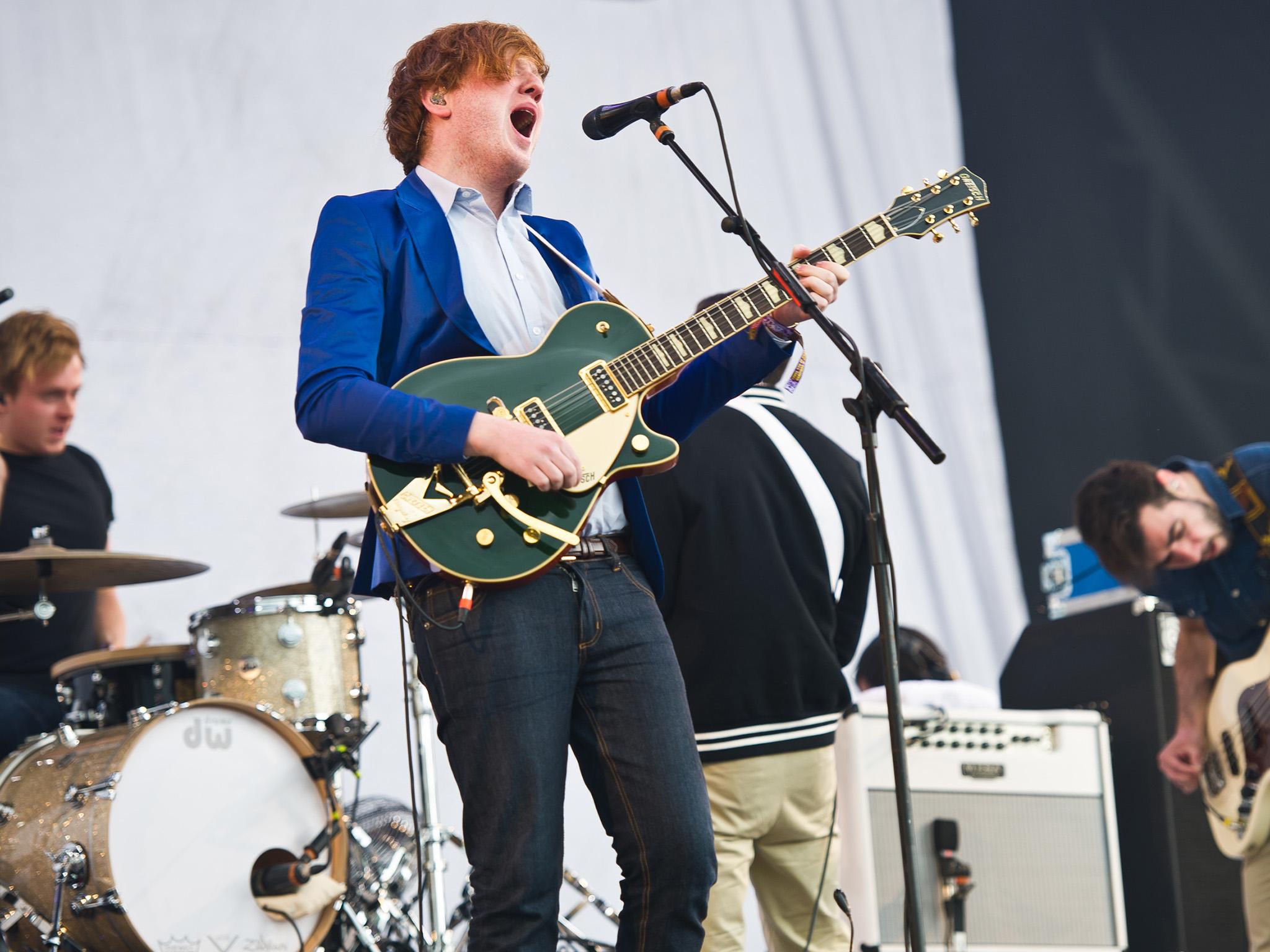
“We’re never short of ideas,” Lovett says. “With four songwriters there’s always something going on in one of our lives that is meaningful to go in a song. It’s not just one person who needs to break up with somebody every week to have something to write about it. All our songs are autobiographical, people expect them to be interesting.”
“It’s a great time right now,” Mumford says. “I’m actually more excited to be in this band now than I’ve ever been.”
Mumford & Sons headline Latitude festival on 15 July and Longitude festival on 16 July. Gentleman of the Road takes over both days.
Join our commenting forum
Join thought-provoking conversations, follow other Independent readers and see their replies
Comments
Bookmark popover
Removed from bookmarks